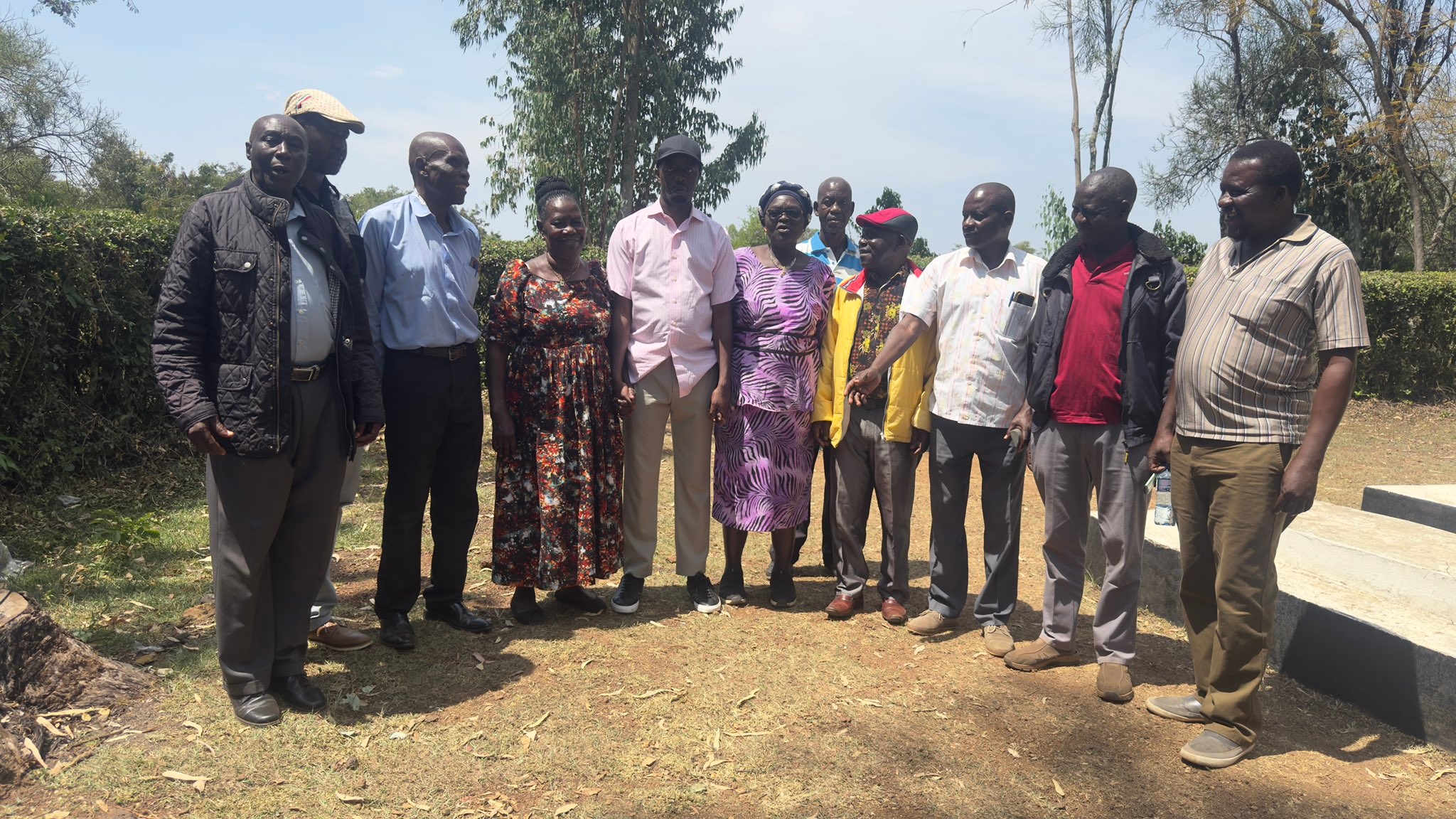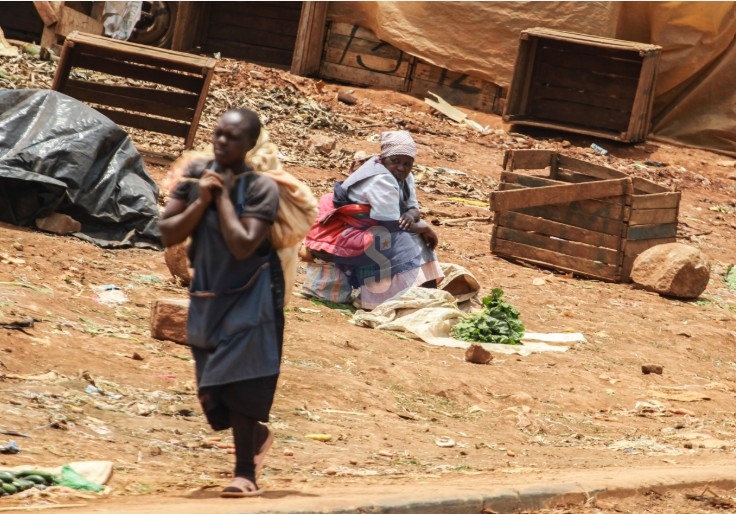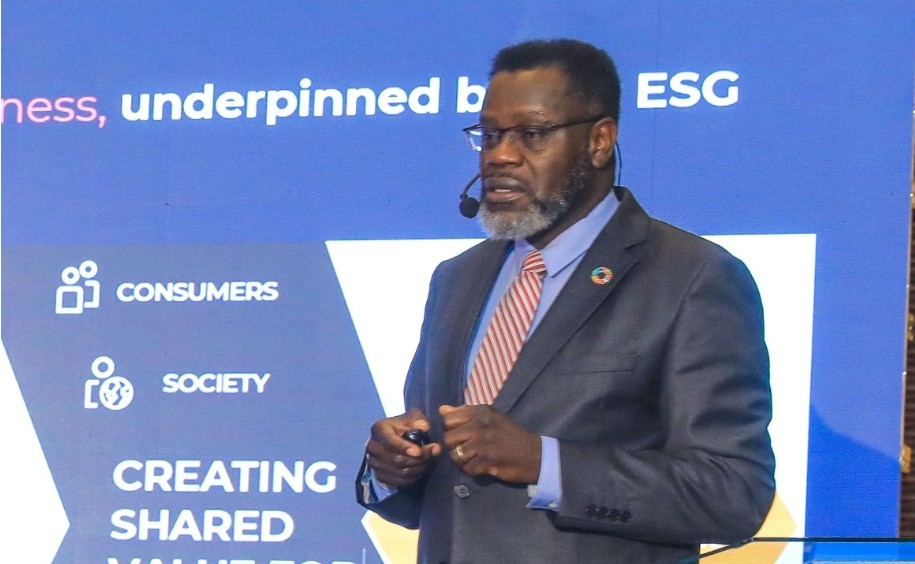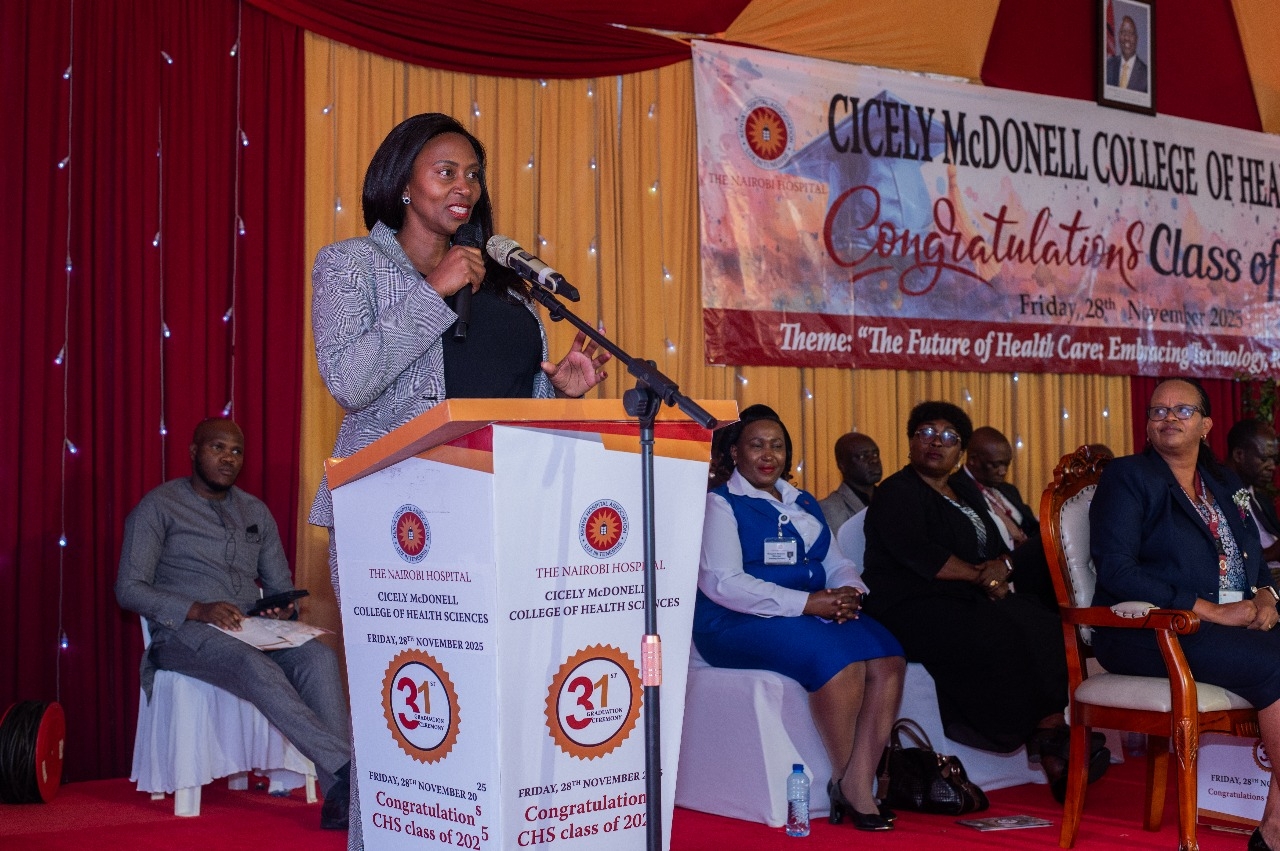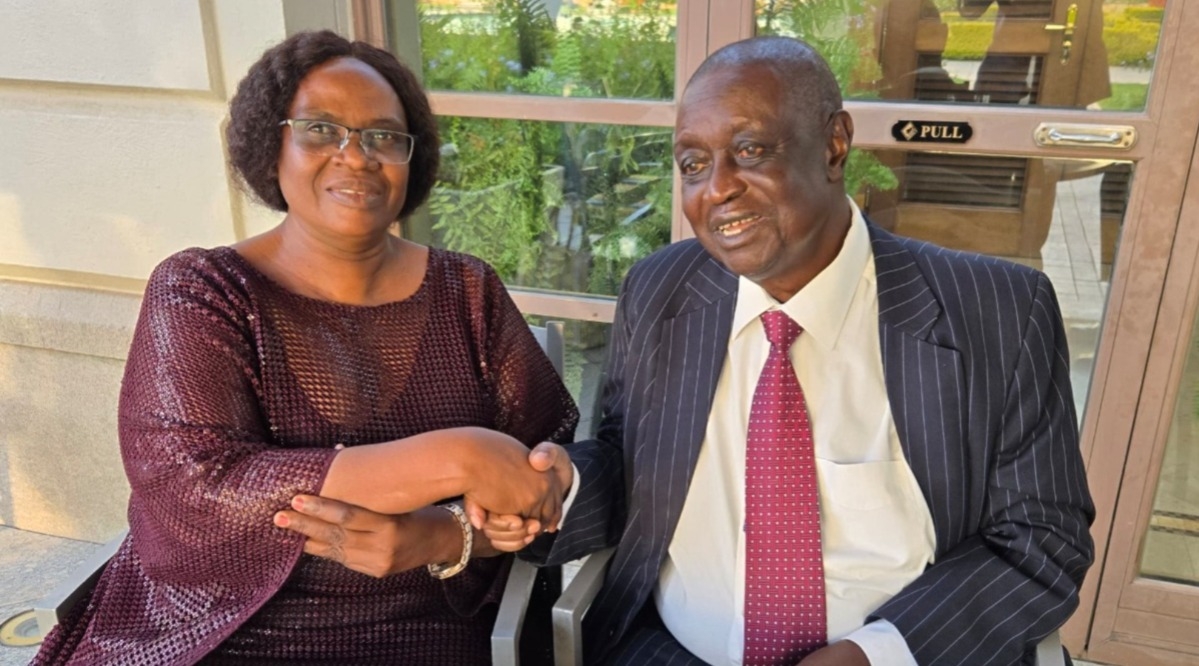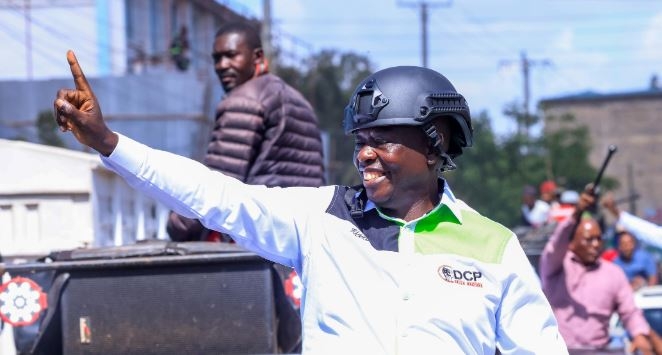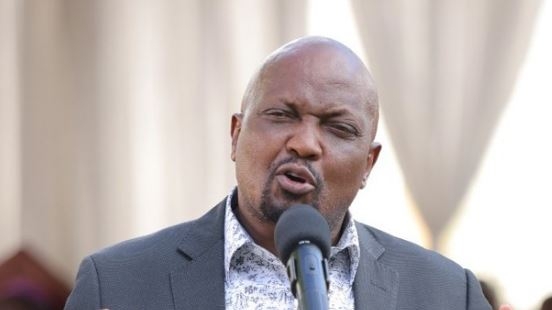
President William Ruto’s latest cabinet nominees on Tuesday appeared before the Appointment Committee of the National Assembly chaired by Speaker Moses Wetang’ula.
The CS nominees include Mutahi Kagwe, proposed for the Ministry of Agriculture and Livestock Development, William Kabogo for ICT and Digital Economy, and Lee Kinyanjui for Trade, Industry and Investment.
The vetting provided an opportunity for the nominees to outline their vision and priorities for their respective ministries.
The nominees were appointed by President Ruto on December 19.
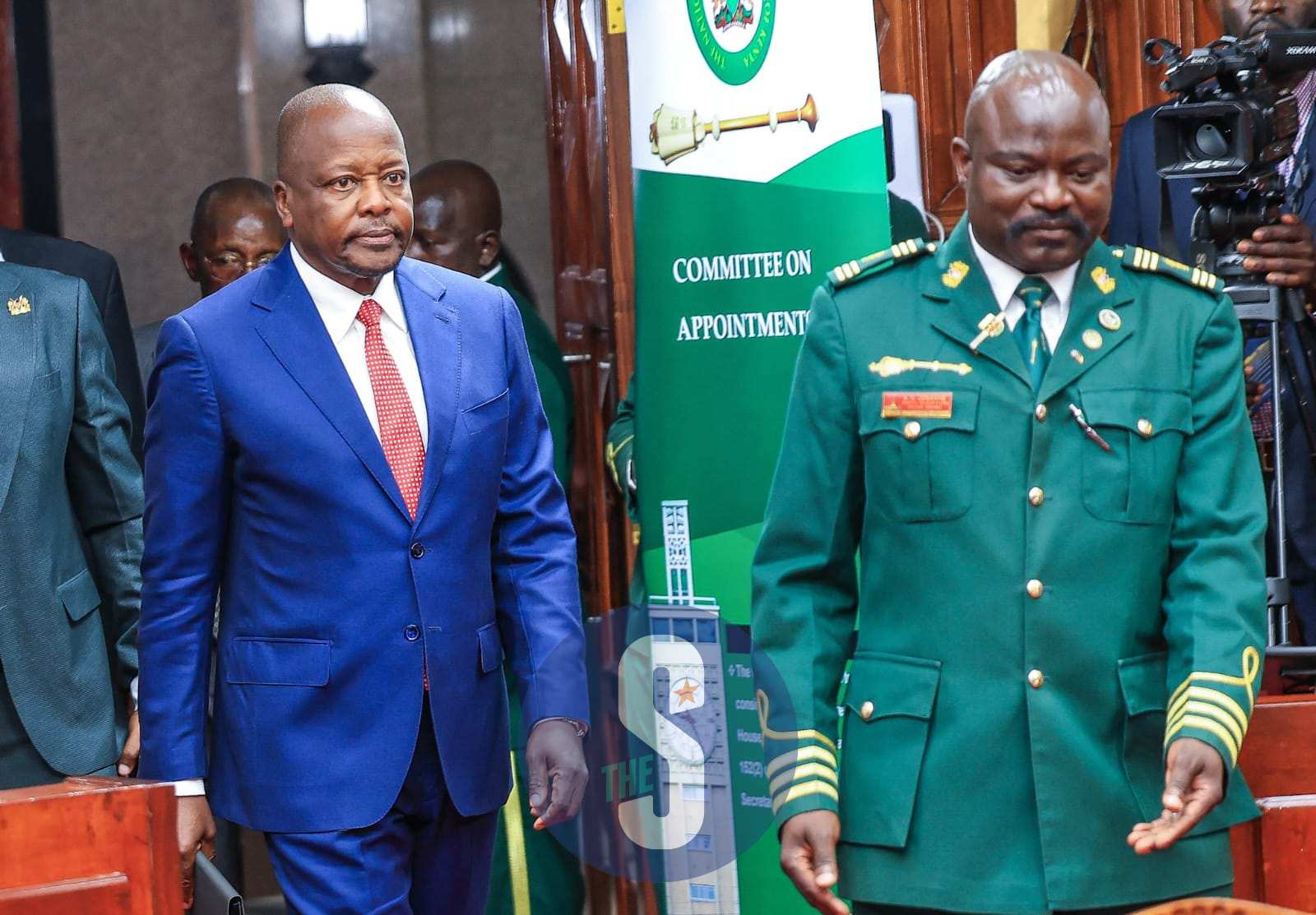 Ministry of Agriculture and Livestock Development CS nominee
Mutahi Kagwe when he appeared for vetting on January 14,
2025/ ENOS TECHE
Ministry of Agriculture and Livestock Development CS nominee
Mutahi Kagwe when he appeared for vetting on January 14,
2025/ ENOS TECHE First to appear before the Wetang’ula panel was Kagwe, a former minister in retired President Uhuru Kenyatta’s administration.
Kabogo was the second nominee to appear before the committee, and he was followed by Kinyanjui.
Kagwe unpacked his suitability for the role highlighting how his childhood prepared him saying the journey began in his primary school years.
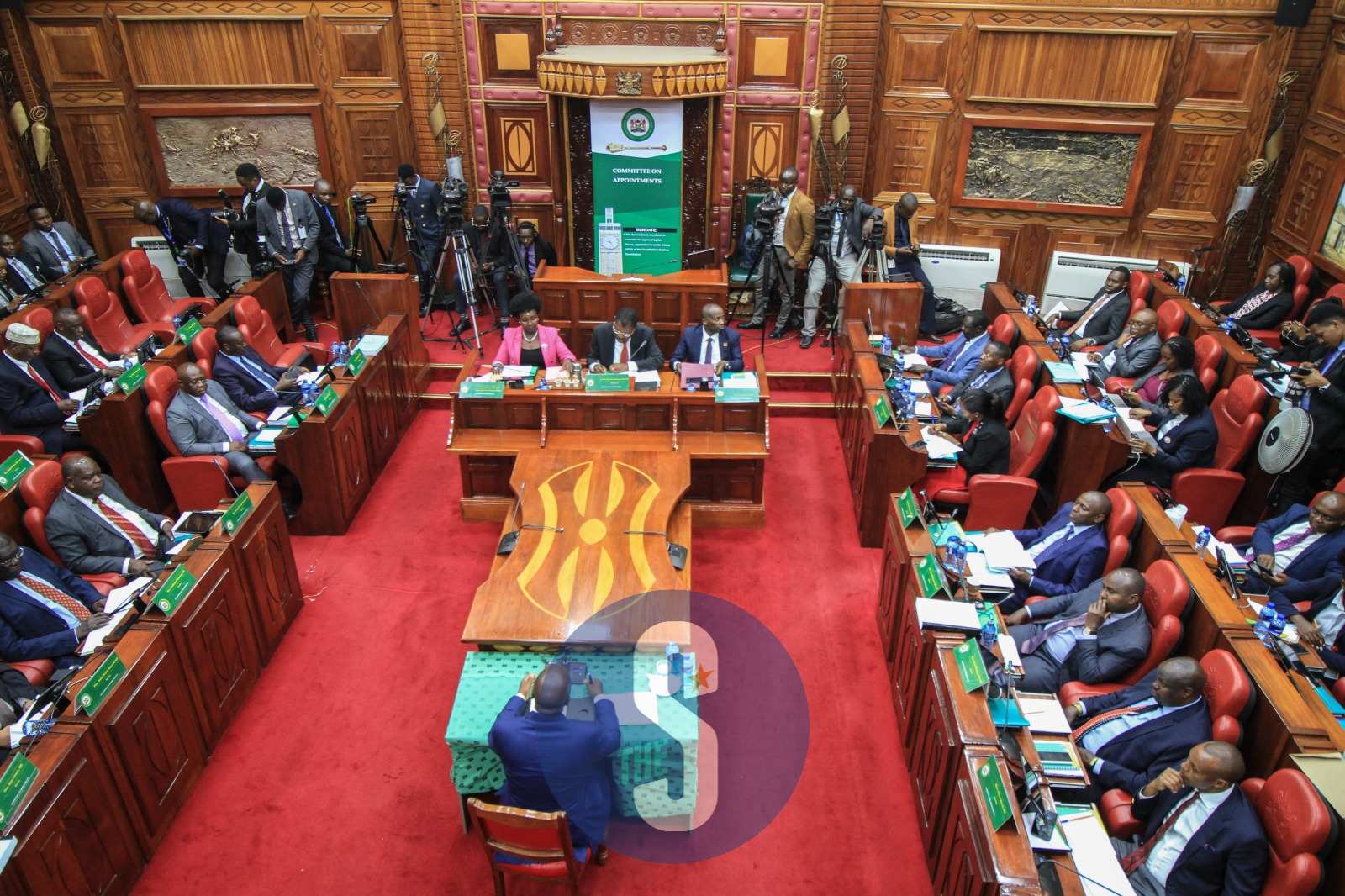 Parliament during vetting of cabinet nominees on January 14, 2025/ENOS TECHE
Parliament during vetting of cabinet nominees on January 14, 2025/ENOS TECHEKagwe said he first picked up agriculture at the 4K Club back in primary school.
“The 4k Club introduced us to agriculture, and that is where I picked my talent in planting trees and so on,” he said.
Kagwe said 4K clubs are among key programs that need to be revived in schools to bolster efforts seeking to better the country.
The former Health CS said he spent his school holidays in coffee factories drying the beans.
He added that he was part of the agriculture club in his high school days.
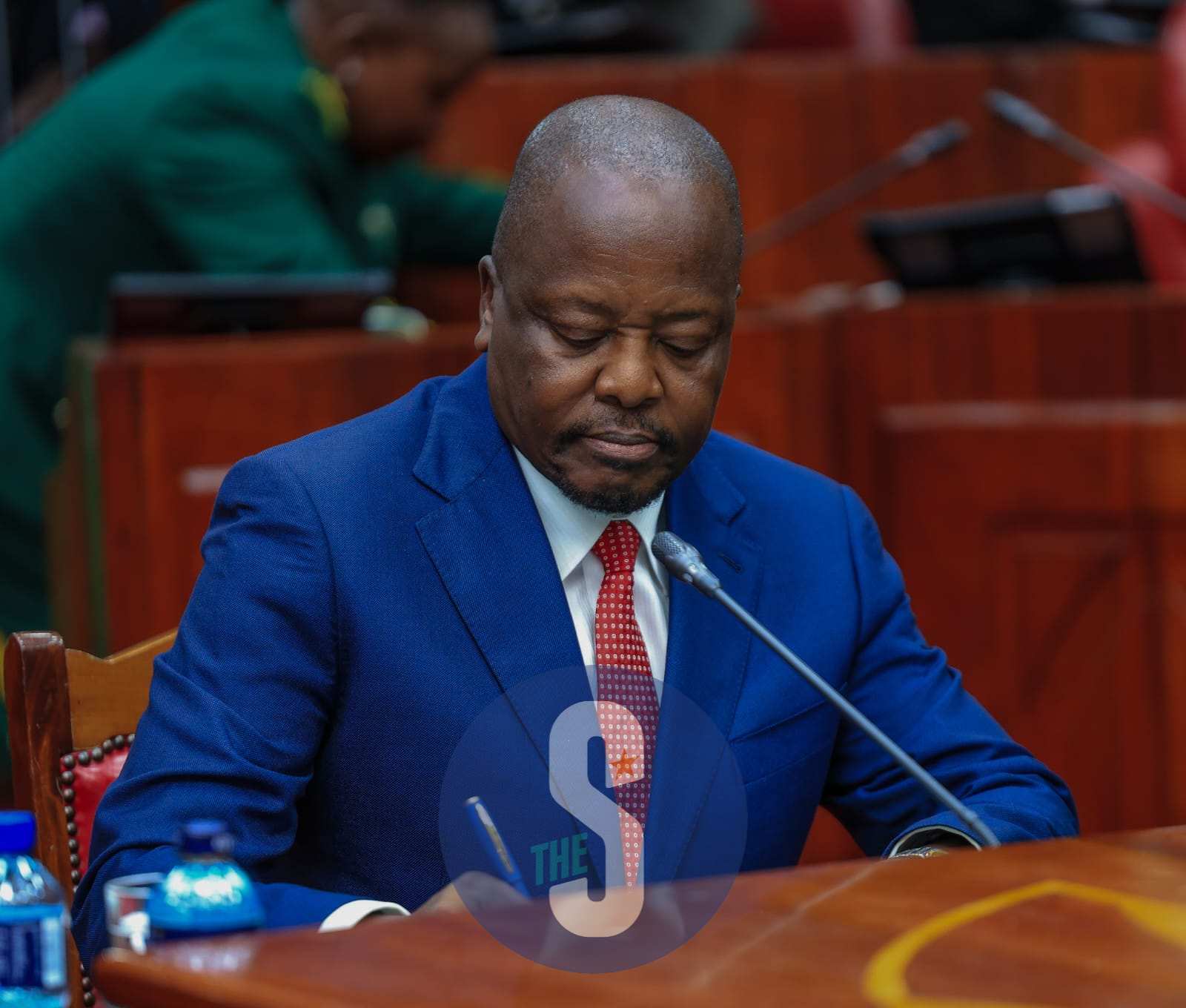 Ministry of Agriculture and Livestock Development CS nominee
Mutahi Kagwe when he appeared for vetting on January 14,
2025/ENOS TECHE
Ministry of Agriculture and Livestock Development CS nominee
Mutahi Kagwe when he appeared for vetting on January 14,
2025/ENOS TECHE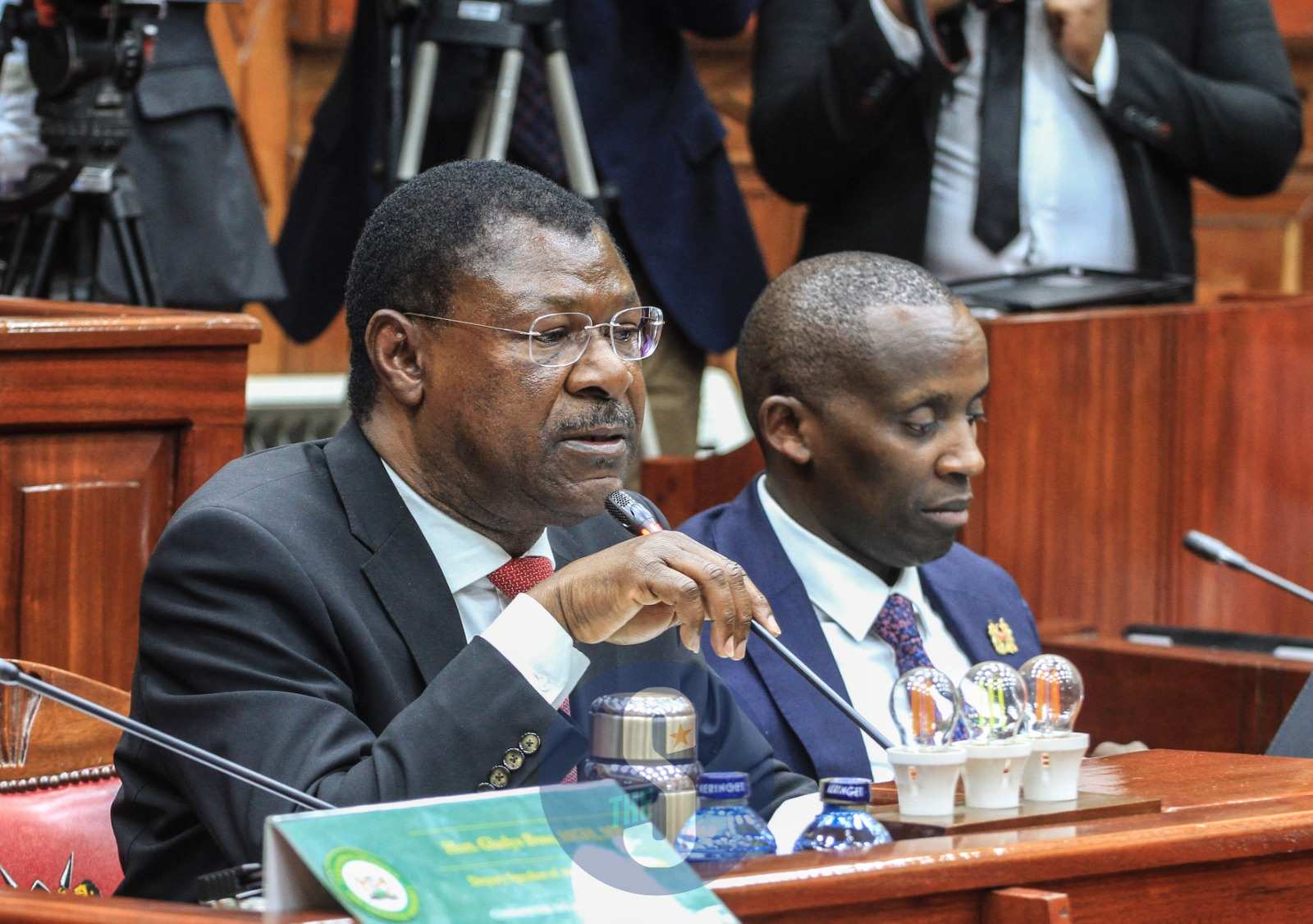
Kabogo, on his part, told MPs that he is banking on his track record during his reign as the Kiambu Governor to initiate transformative policies in the Ministry of Information, Communication, and the Digital Economy.
He said the digital space was not a new thing to him, “and that gives me a head start.”.
“Why I think this is a good job for me is that I managed while at Kiambu to digitize the entire revenue collection in Kiambu County,” Kabogo said.
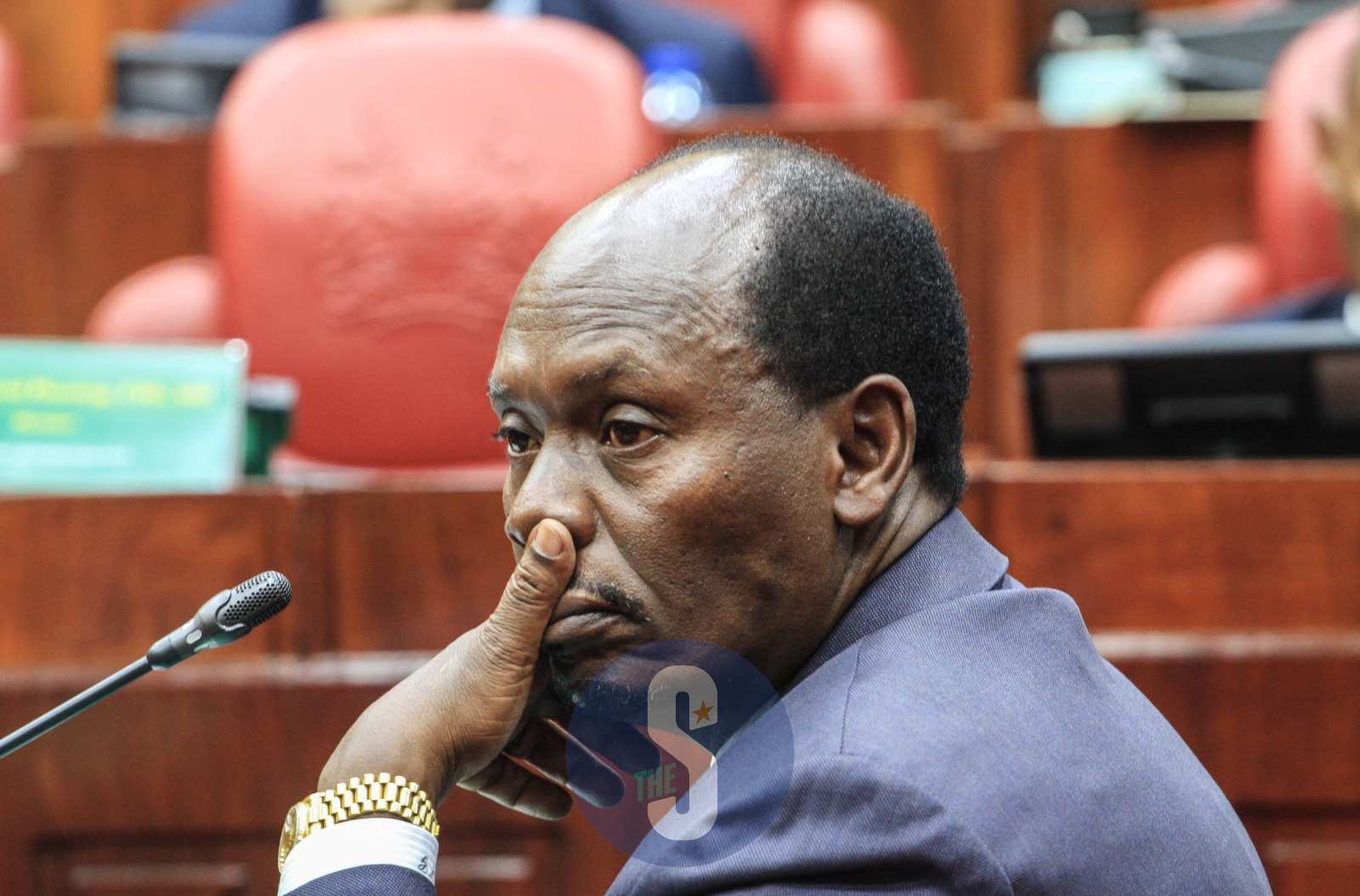 ICT and Digital Economy CS nominee William Kabogo during
vetting on January 14, 2025/ENOS TECHE
ICT and Digital Economy CS nominee William Kabogo during
vetting on January 14, 2025/ENOS TECHE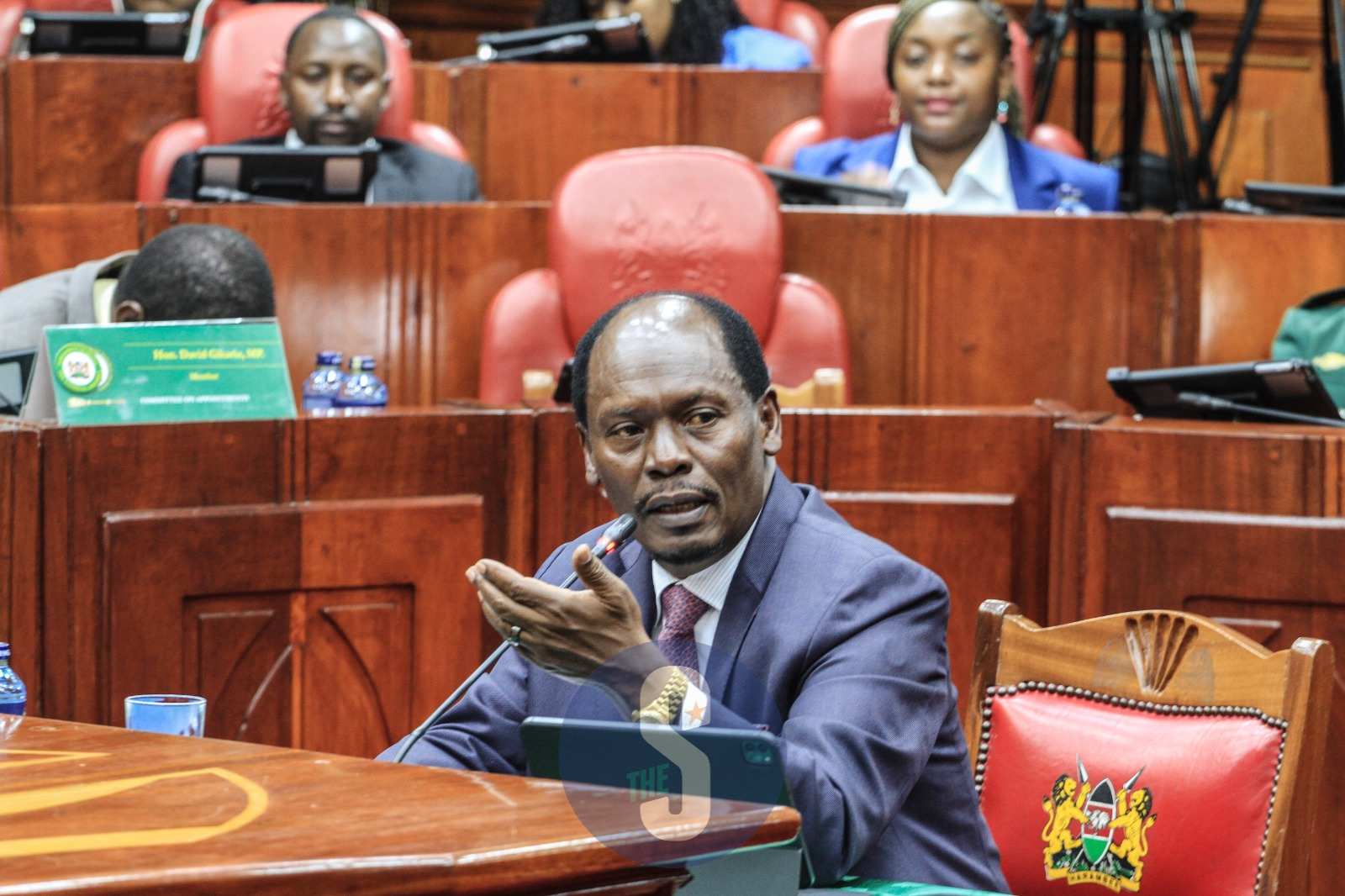 ICT and Digital Economy CS nominee William Kabogo during
vetting on January 14, 2025/ENOS TECHE
ICT and Digital Economy CS nominee William Kabogo during
vetting on January 14, 2025/ENOS TECHEKinyanjui defended his past criticism of the Kenya Kwanza administration, terming his critique of President Ruto’s administration as “positive criticism.”
“I have used my knowledge to be critical of the administration. There is a difference of being critical of policies and being critical of a government. If, for example, we say pending bills are affecting business, that is not an affront to the government. It is a plea from the business community to ease cash flows,” he explained.
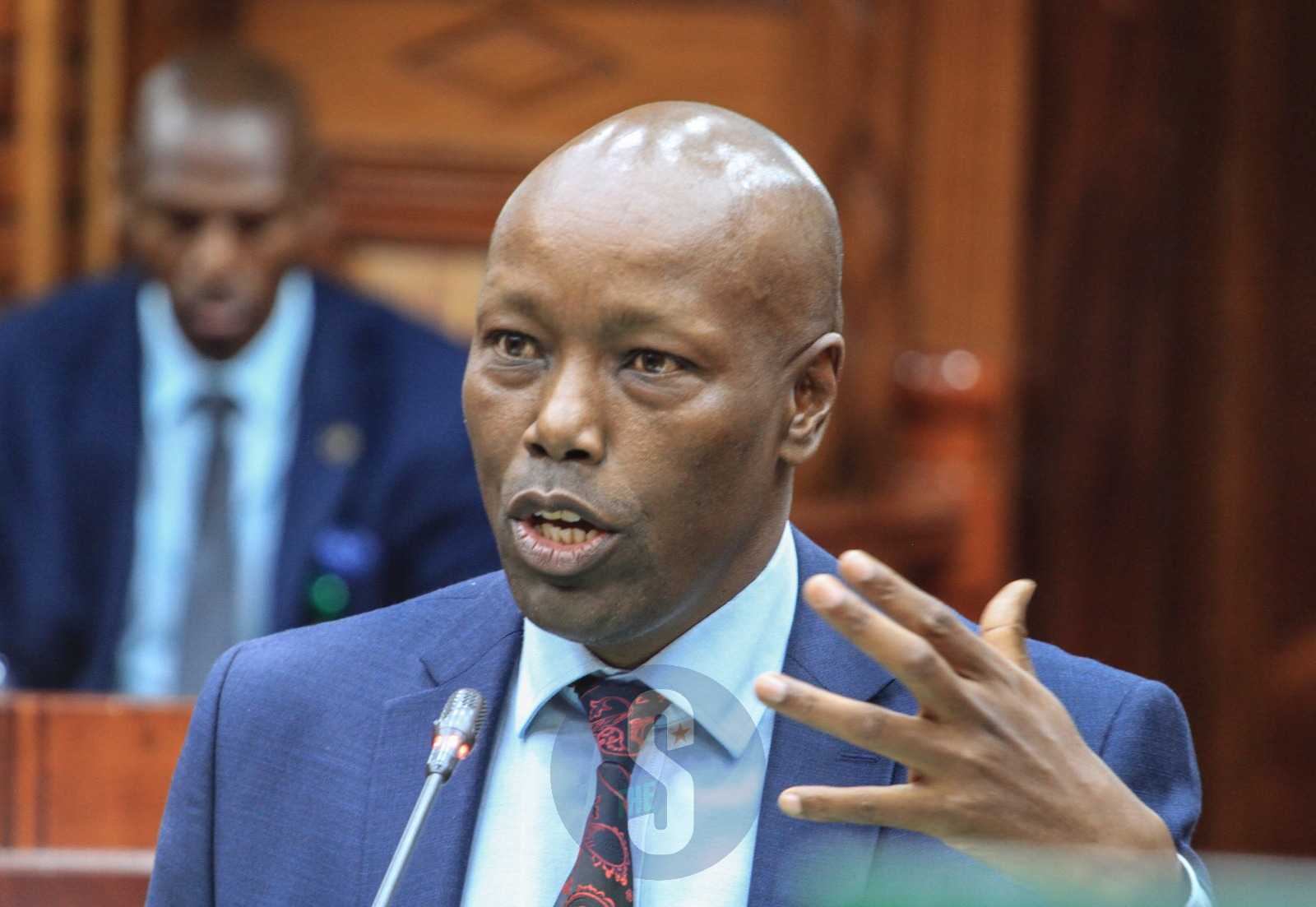 Trade, Industry CS nominee Lee Kinyanjui
when he appeared before the Appointment Committee on
January 14, 2025/ENOS TECHE
Trade, Industry CS nominee Lee Kinyanjui
when he appeared before the Appointment Committee on
January 14, 2025/ENOS TECHE“If we say taxation beyond a certain point can stifle growth, that is positive criticism such that if you take it, everybody is a winner.”
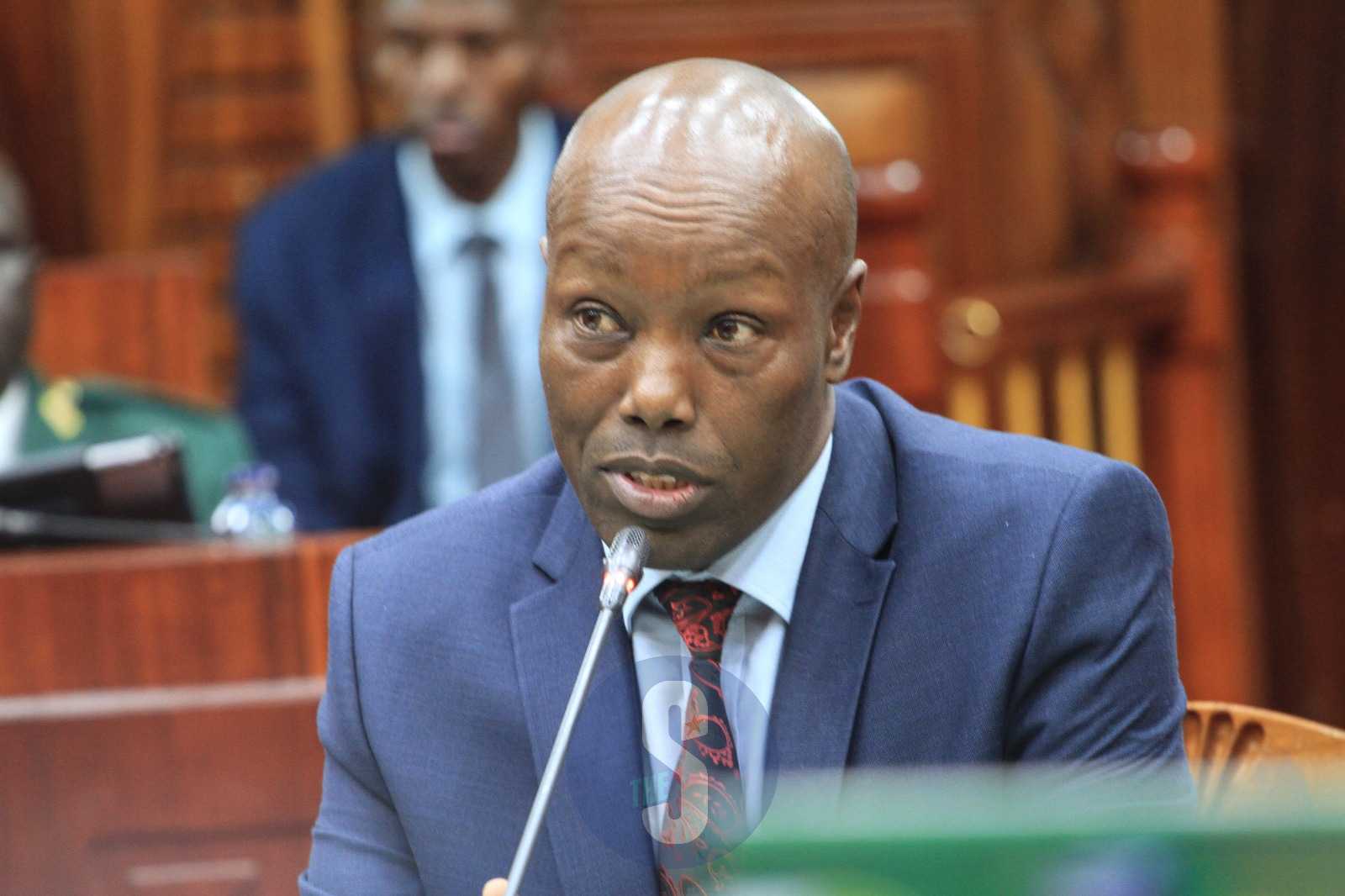 Trade, Industry CS nominee Lee Kinyanjui
when he appeared before the Appointment Committee on
January 14, 2025/ENOS TECHE
Trade, Industry CS nominee Lee Kinyanjui
when he appeared before the Appointment Committee on
January 14, 2025/ENOS TECHE




